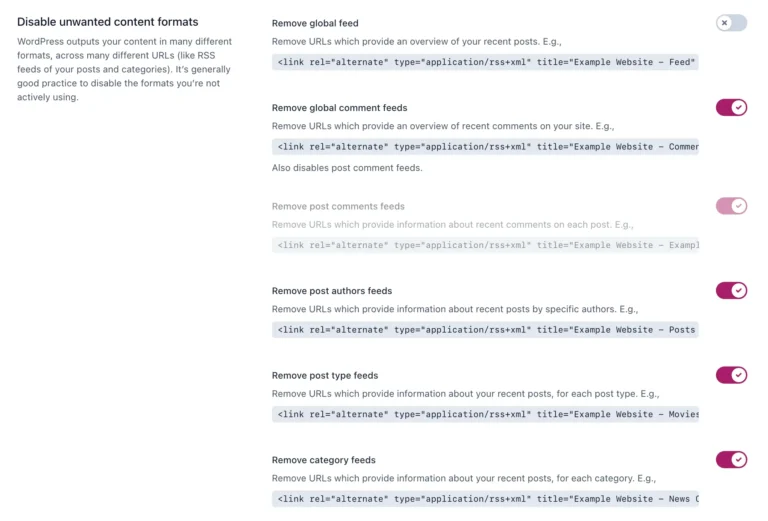Today we are talking about HTMX, What it is, and why it could be a game changer for Drupal with our guests Shawn Duncan & Carson Gross. We’ll also cover RefreshLess as our module of the week. For show notes visit:
https://www.talkingDrupal.com/514
Topics
- What is HTMX
- HTMX and Drupal Integration
- Community and Contribution
- Discussing HTMX and Its Integration
- HTMX’s Stability and Composition
- Programming with HTMX: A Lego-like Experience
- Drupal’s HTMX Initiative
- Proof of Concept and Community Involvement
- HTMX’s Flexibility and Developer Experience
- Big Pipe and HTMX Integration
- Comparing HTMX with Hotwire Turbo
- Getting Involved with the HTMX Initiative
Resources
Guests
Shawn Duncan – HTMX intiative fathershawn
Carson Gross – bigsky.software 1cg
Hosts
Martin Anderson-Clutz – mandclu.com mandclu
MOTW
Correspondent
Nic Laflin – nLighteneddevelopment.com nicxvan
John Picozzi – epam.com johnpicozzi
Rich Lawson – richlawson.co rklawson
- Brief description:
- Have you ever wanted to give your Drupal site a more application-like feel, by only reloading parts of the page that need to change? There’s a module for that.
- Module name/project name:
- Brief history
- How old: created in Mar 2016 by Wim Leers, but recent releases are by ambient.impact, a fellow Canadian
- Versions available: 2.0.0-alpha9
- Maintainership
- Actively maintained
- Security coverage
- Test coverage
- Documentation
- Number of open issues: 40 open issues, only 2 of which are active bugs against the current branch
- Usage stats:
- Module features and usage
- The RefreshLess module aims to give Drupal sites a smooth, fast, and responsive experience by using Javascript to selectively update the parts of the existing page that need to change, instead of a full page refresh. It uses the HTML5 History API to ensure the browsing behaviour is equivalent, and unsupported browsers will see a standard page refresh instead
- Using RefreshLess also makes it possible to use transitions (with or without the View Transition API in modern browsers), morphing, and persistent elements to enhance the application-like feel
- There is some indication that sites may encounter issues if they use RefreshLess with JS aggregation enabled, so it’s probably better to use it if your site has HTTP/2 enabled
- RefreshLess is currently built on the Turbo library originally built for Ruby on Rails, but there is already an issue open to move the implementation to use HTMX instead





